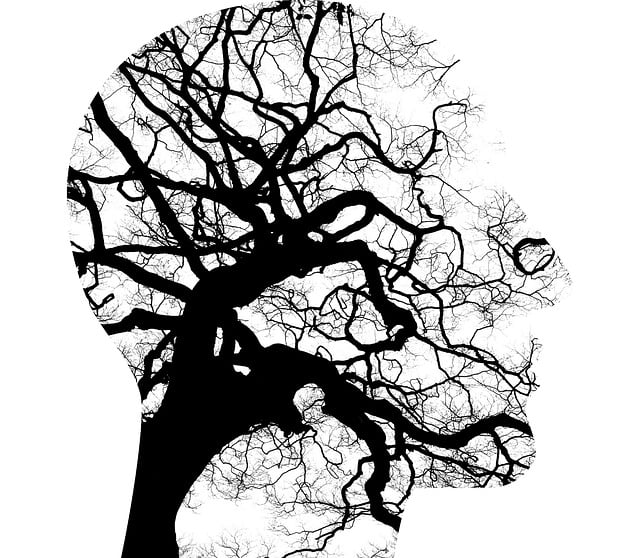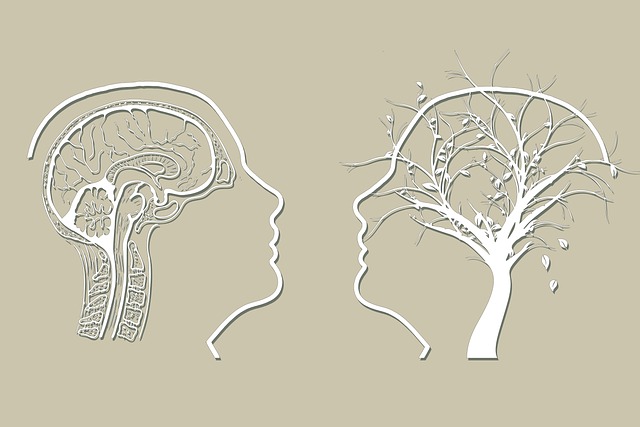Greenwood Village Young Adults Therapy leverages diverse mental health data sources – from healthcare demographics to client feedback – to understand community needs and tailor effective coping skills based on research. Using advanced interpretive methods, they identify trends, reduce stigma, and cultivate compassion, creating a supportive environment for recovery. By addressing biases through ethical considerations and cultural sensitivity, Greenwood Village Young Adults Therapy is revolutionizing treatment with personalized therapy plans and expanding into Mental Health Policy Analysis to foster holistic community well-being.
Mental health data analysis is a powerful tool for understanding and improving patient outcomes. This article explores the intricacies of analyzing and interpreting mental health data at Greenwood Village Young Adults Therapy, a leading treatment center. We delve into data collection methods, trends, and cutting-edge interpretive techniques. Additionally, we address challenges like ethical considerations and bias mitigation while highlighting personalized therapy approaches through case studies. Discover how Greenwood Village leverages data for enhanced client care and future therapeutic innovations.
- Understanding Mental Health Data: Collection and Sources for Greenwood Village Young Adults Therapy
- Analyzing Trends: Uncovering Insights from Patient Records at Greenwood Village
- Interpretive Methods: Techniques to Enhance Client Care and Treatment Outcomes
- Challenges in Data Interpretation: Ethical Considerations and Bias Mitigation Strategies
- Leveraging Data Analysis for Personalized Therapy: Case Studies and Future Directions at Greenwood Village Young Adults Therapy
Understanding Mental Health Data: Collection and Sources for Greenwood Village Young Adults Therapy

Understanding Mental Health Data is a crucial first step for Greenwood Village Young Adults Therapy to effectively serve its community. The therapy center leverages various data sources to gain insights into the mental health landscape among young adults in the area. This includes demographic information from local healthcare facilities, survey responses from schools and community organizations, and direct feedback from clients themselves. By collecting and analyzing this data, therapists can identify prevalent issues like anxiety, depression, or substance abuse, which are often reflected in the Mind Over Matter Principles used in treatment.
These insights aren’t just about diagnosis; they guide the development of tailored coping skills for young adults. The Mental Health Policy Analysis and Advocacy plays a significant role here, ensuring that the therapy center’s practices align with current research and community needs. Through this comprehensive approach, Greenwood Village Young Adults Therapy strives to empower its clients with effective coping strategies, fostering their overall mental well-being and resilience.
Analyzing Trends: Uncovering Insights from Patient Records at Greenwood Village

At Greenwood Village Young Adults Therapy, data analysis plays a pivotal role in understanding and improving mental health outcomes for their patients. By delving into patient records, therapists can uncover profound trends that offer valuable insights into the nature of mental illness among young adults. This methodical exploration involves sifting through a tapestry of individual stories, identifying common challenges, and recognizing emerging patterns.
Through this process, healthcare professionals gain a clearer picture of effective communication strategies that resonate with this demographic. They also identify areas where Mental Illness Stigma Reduction Efforts can be most impactful. Moreover, the analysis often highlights the benefits of Compassion Cultivation Practices, fostering an environment where patients feel understood and supported in their journey towards recovery.
Interpretive Methods: Techniques to Enhance Client Care and Treatment Outcomes

In the realm of mental health data analysis, interpretive methods play a pivotal role in enhancing client care and treatment outcomes, particularly at centers like Greenwood Village Young Adults Therapy. These methods go beyond basic statistical analysis, employing sophisticated techniques to uncover nuanced insights from patient data. By delving into trends, patterns, and correlations within the dataset, therapists and counselors can tailor interventions more effectively. For instance, analyzing feedback from sessions could reveal specific therapeutic approaches that resonate better with certain client groups, thereby optimizing treatment plans.
Furthermore, interpretive methods contribute significantly to Mental Illness Stigma Reduction Efforts, Trauma Support Services, and Burnout Prevention initiatives. By understanding the underlying factors influencing mental health outcomes, professionals can design more inclusive and supportive programs. This data-driven approach ensures that services meet the unique needs of diverse populations, fostering a healthier and more compassionate environment. Such efforts are essential in breaking down barriers and promoting recovery, ultimately improving overall mental wellness within communities, including those served by Greenwood Village Young Adults Therapy.
Challenges in Data Interpretation: Ethical Considerations and Bias Mitigation Strategies

Mental health data analysis presents unique challenges when interpreting findings. One significant hurdle is mitigating biases that can inadvertently creep into the process. Since therapists’ personal beliefs and experiences may influence their data collection and interpretation, especially when working with diverse populations like Greenwood Village Young Adults Therapy, it’s crucial to employ strategies for ethical consideration.
Addressing cultural sensitivity in mental healthcare practice is a critical component of bias mitigation. Understanding and accounting for cultural nuances ensures that the data accurately reflects the experiences of all individuals, fostering more inclusive and effective therapy practices. Moreover, implementing confidence-boosting measures during analysis can help reduce potential biases by promoting objectivity and critical thinking among researchers and therapists alike.
Leveraging Data Analysis for Personalized Therapy: Case Studies and Future Directions at Greenwood Village Young Adults Therapy

At Greenwood Village Young Adults Therapy, data analysis has emerged as a powerful tool for revolutionizing treatment approaches. By leveraging advanced analytical techniques, therapists can now gain valuable insights into individual patient profiles, enabling them to deliver personalized therapy plans. This shift towards data-driven care is particularly prominent in Social Skills Training and Coping Skills Development programs. Through rigorous mental health data analysis, therapists identify specific challenges and strengths unique to each young adult, tailoring interventions accordingly.
Future directions for Greenwood Village Young Adults Therapy involve expanding the scope of data analysis beyond individual patient levels. Integrating Mental Health Policy Analysis and Advocacy into their practices could provide a broader understanding of societal factors influencing mental well-being. This holistic approach aims to not only improve direct therapy outcomes but also inform and shape the development of evidence-based mental health policies, fostering a more supportive environment for young adults in the community.
Greenwood Village Young Adults Therapy has pioneered the use of mental health data analysis, demonstrating its potential to revolutionize treatment. By understanding patient records, identifying trends, and employing advanced interpretive methods, the therapy center enhances client care and improves outcomes. Navigating ethical challenges and bias mitigation is crucial for accurate insights. Looking ahead, personalized therapy approaches based on data analysis hold great promise, as evidenced by successful case studies. This innovative approach ensures Greenwood Village Young Adults Therapy remains at the forefront of mental health treatment, offering tailored support to young adults in need.














